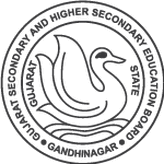Understanding the IB Learner Profile: Ten Characteristics of a 21st Century Learner
May 17 is World Information Society Day, formally known as World Telecommunications Day. According to the United Nations, the purpose of this observance is It to help raise awareness of the possibilities that the use of the Internet and other information and communication technologies (ICT) can bring to societies and economies, as well as of ways to bridge the digital divide.
An information society is one wherein the creation, distribution, and manipulation of information is the most significant economic and cultural activity, as opposed to societies in which the economic underpinning is primarily industrial or agrarian. With the ongoing transformations that information and communication technologies enable, it is reasonable to say that the world as a whole is evolving into an information society, with each country of course working at its own pace.
In a paper titled Education in the Information Society Dr. Octavia-Luciana Porumbeanu of the University of Bucharest, points out: “Access to information and knowledge is not the only aspect that counts in the information society, also key is the generation of new knowledge and its transfer. It is important how every country succeeds in educating and training its citizens. So there are more and more changes in education which are no longer centred on information transfer, but that becomes a process in which individuals learn how to learn, how to access, analyse and exploit information and transform it into new knowledge.”
Traditionally, the term education evokes a school system, where the emphasis is on teaching rather than learning. Very little importance has been given to learning with progress being measured by mere quantitative indicators such as grades. Learning is confused with assimilation and repetition of information and results are valued over processes, which greatly limits the vision and field of education, separating it from the economic, social, and cultural within a broader context.
To eliminate this separation and equip our children for truly successful futures it is critical for learning and education to inculcate the specific skills and traits that empower young people to deal with uncertainty and excel in a dynamic information society. Herein lies the value of educational programmes such as those provided by the International Baccalaureate
At the heart of an IB education is the learner profile, a set of ten learning outcomes for the 21st century. Here’s how each of these characteristics contributes to a young person’s success:
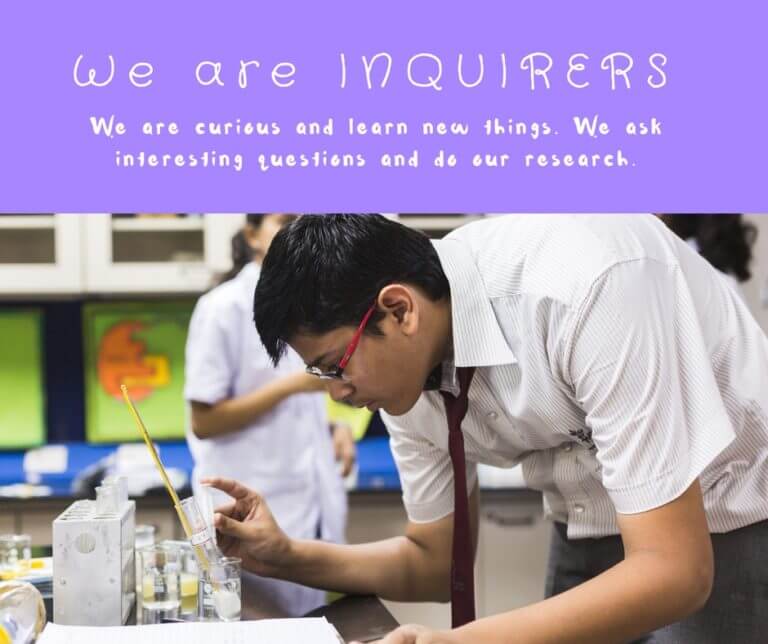
As inquirers, IB students embrace their innate curiosity and learn to ask the right questions in any problem-solving situation. An inquiring mind pays attention to the world around and is naturally inclined to ask more pertinent questions and persevere in the process of seeking answers.
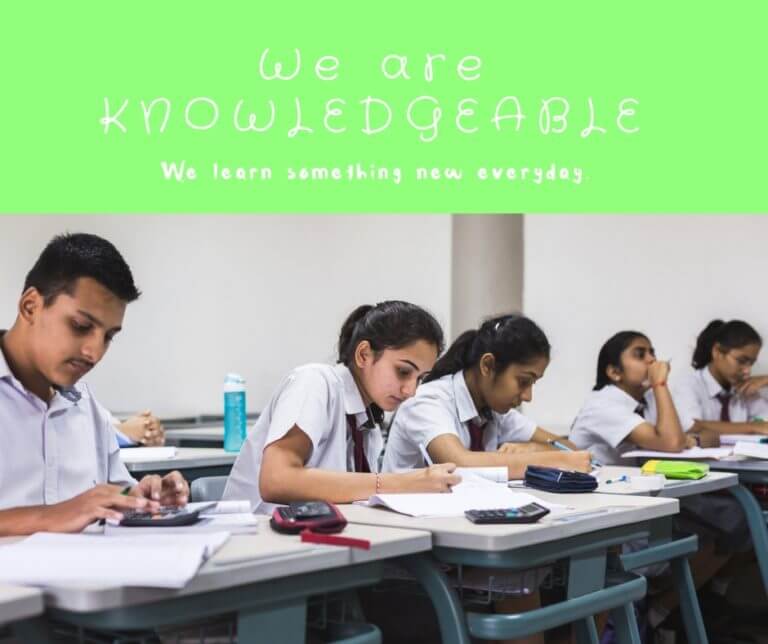
Thorough knowledge of fundamental concepts across a range of disciplines forms the base upon which young people can build new knowledge and become lifelong learners. Knowledgeable young people are able to form connections between everything that they learn and apply prior knowledge to new situations.
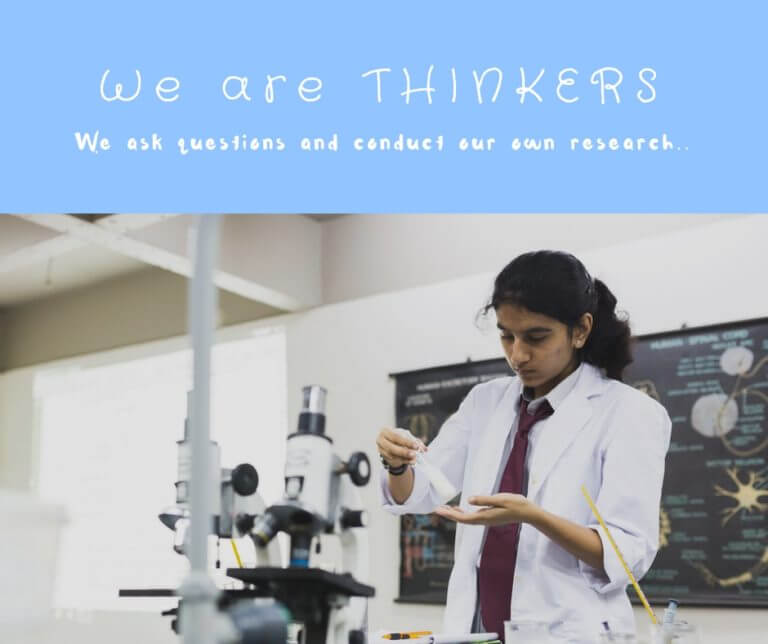 Critical thinking is a key 21st century skill because self-directed, self-disciplined, self-monitored, and self-corrective thinking enables young people to communicate, solve problems and effectively handle life situations that call for reflection, analysis and planning. In an uncertain future, it is impossible to predict the kind of problems that will need to be solved, which makes it crucial to nurture young people into independent critical thinkers.
Critical thinking is a key 21st century skill because self-directed, self-disciplined, self-monitored, and self-corrective thinking enables young people to communicate, solve problems and effectively handle life situations that call for reflection, analysis and planning. In an uncertain future, it is impossible to predict the kind of problems that will need to be solved, which makes it crucial to nurture young people into independent critical thinkers.
 Being an effective communicator is essential for success because it facilitates working with others, understanding different points of view, and expressing oneself in more than one language to form a connection with others. Clear communication builds confidence and also fosters empathy, which enables young people to understand and collaborate with their peers.
Being an effective communicator is essential for success because it facilitates working with others, understanding different points of view, and expressing oneself in more than one language to form a connection with others. Clear communication builds confidence and also fosters empathy, which enables young people to understand and collaborate with their peers.
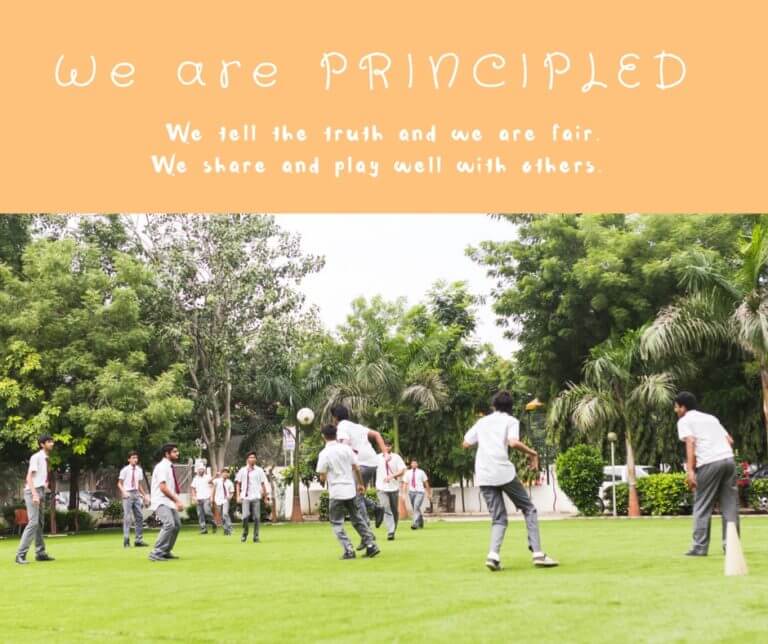
Integrity plays an invaluable role in building a more ethical and peaceful world. Young people who are principled and can respect other people’s opinions while confidently standing by their own are empowered to be better leaders and team players.
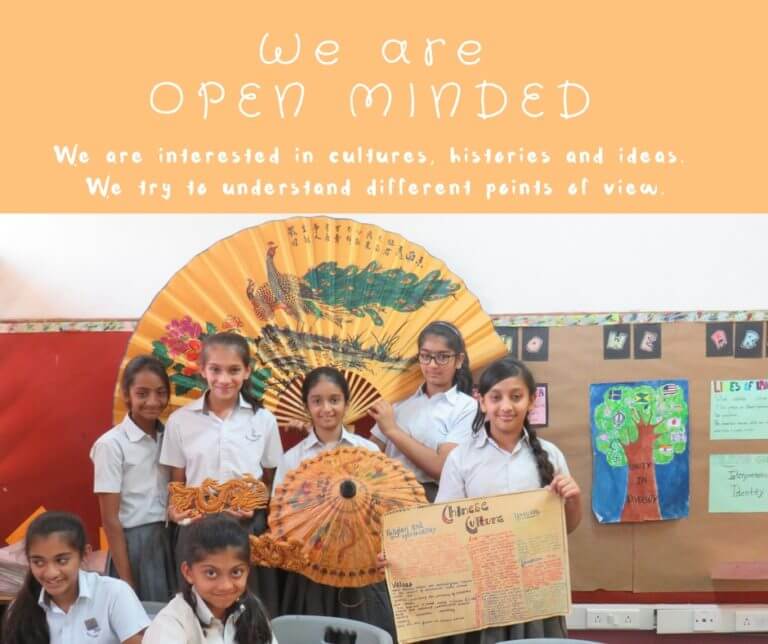
Open-minded individuals are better able to discuss their ideas with people from diverse walks of life and to work collaboratively in solving problems and achieving goals. This is critical in an increasingly globalised world with multicultural workplace environments.
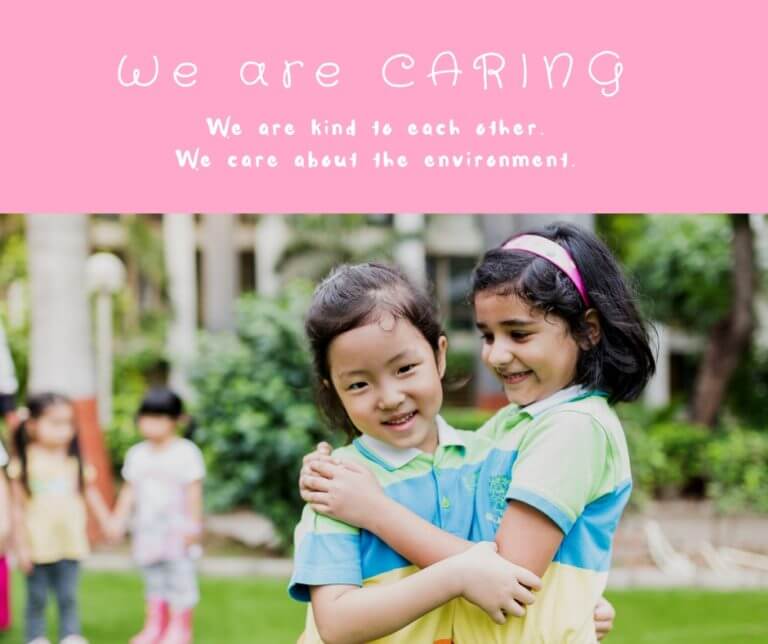
Caring individuals are conscious of how their actions affect others and the environment. With escalating tensions in many parts of the world and a callous disregard toward the environment, it is crucial now more than ever to raise young people who can demonstrate sensitivity towards each other and the world as a whole. This enables them to make conscious, informed choices that contribute toward building a better society.
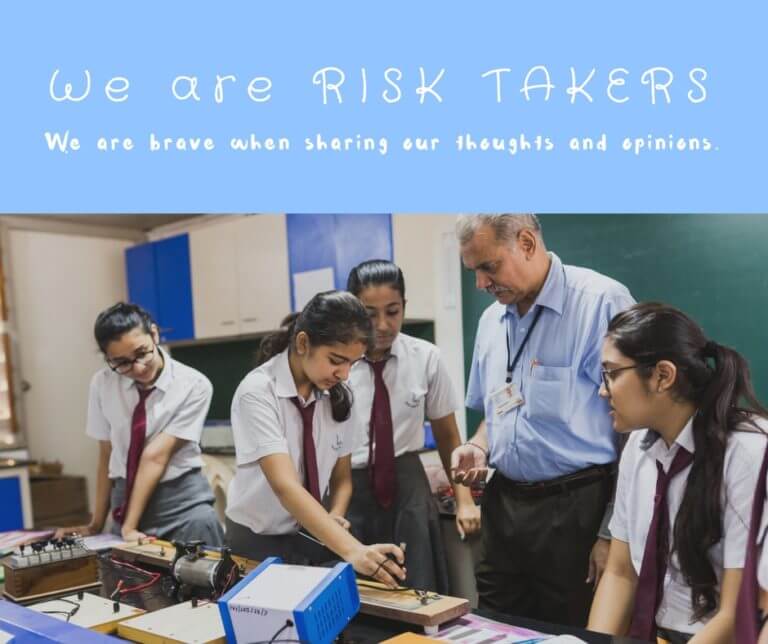
Any kind of progress is impossible without people who have the courage to try new things and give life to innovative ideas. Risk-takers are not afraid of failure and bravely pursue their ideas and goals so as to make a contribution to the world.
Reflective individuals are able to as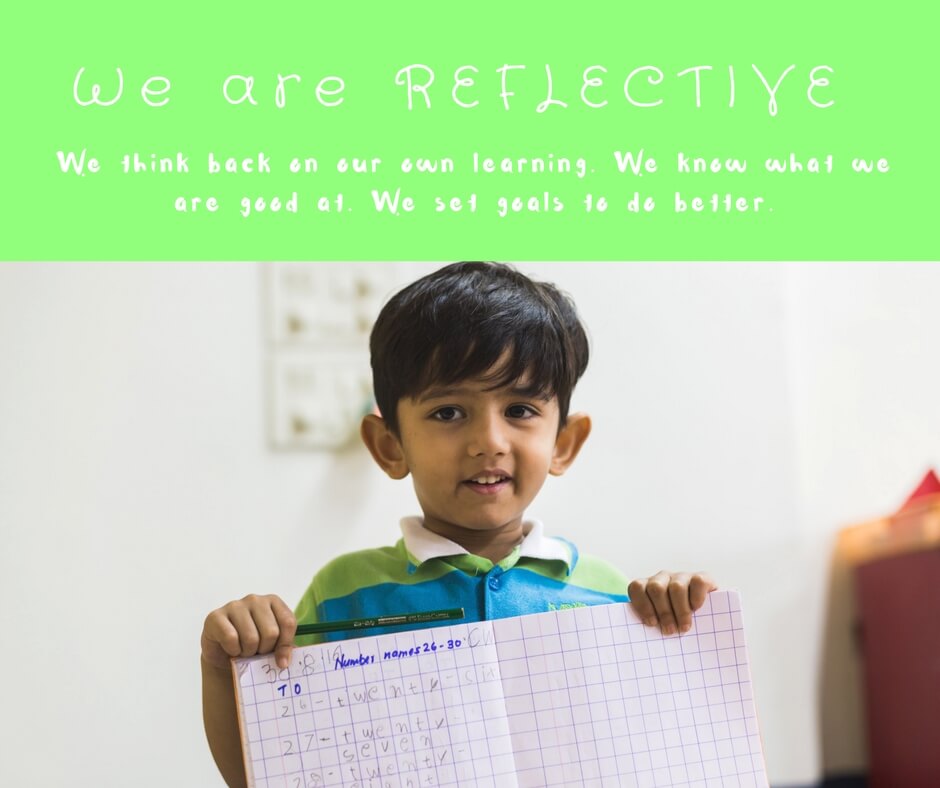 sess their own strengths and limitations and evaluate their progress so as to take the best route forward. This is a key skill for success in the 21st century as it fosters self-awareness and moulds young people into instinctive leaders.
sess their own strengths and limitations and evaluate their progress so as to take the best route forward. This is a key skill for success in the 21st century as it fosters self-awareness and moulds young people into instinctive leaders.

A well-balanced individual is able to function effectively in a demanding environment. They have the physical, mental and emotional capacities to thrive, no matter what the challenges that an uncertain future may throw at them. A strong mind requires a healthy body and balanced young people are able to commit to both work and play so as to lead truly fulfilling lives.



